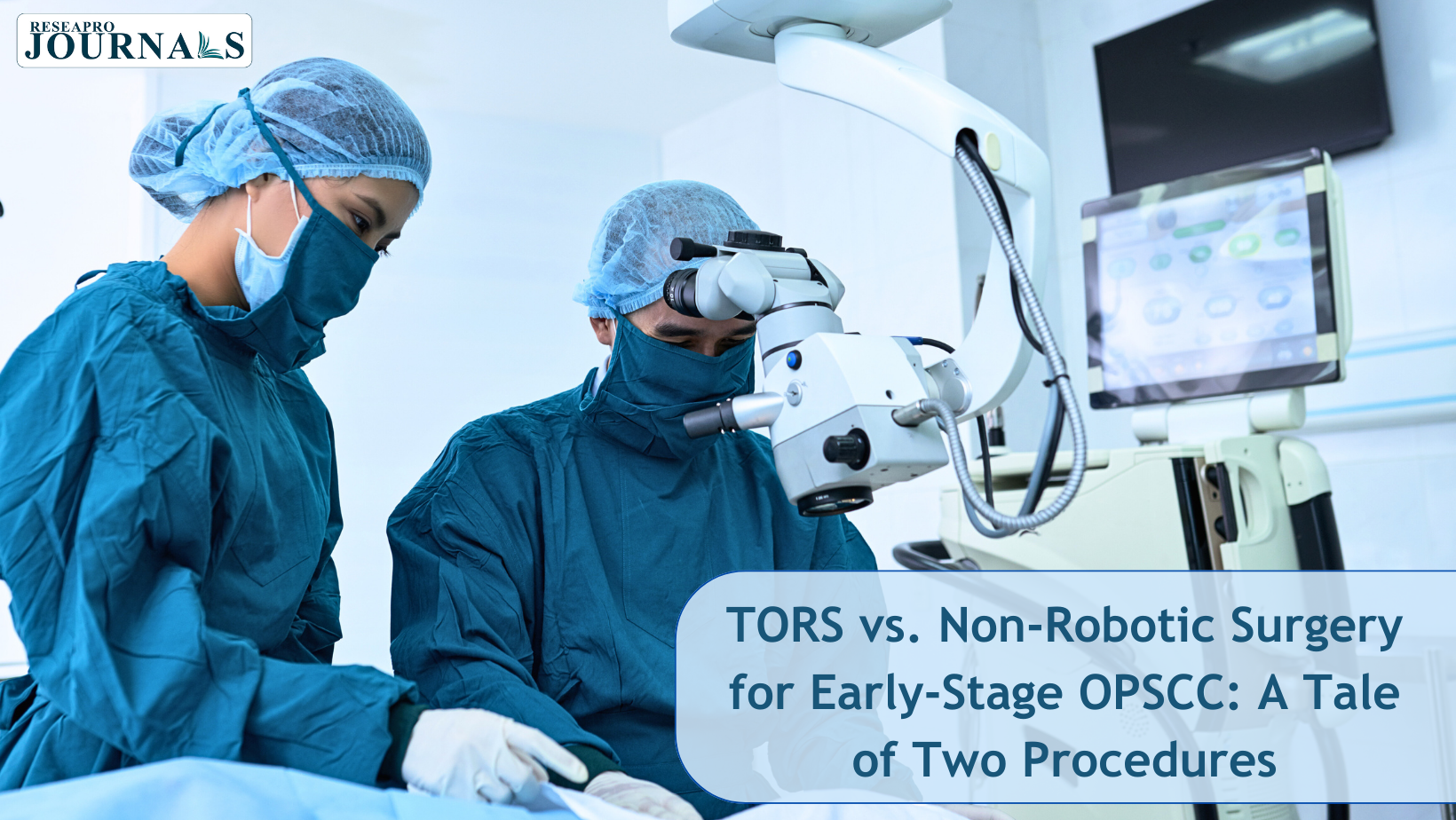Navigating the complexities of cancer treatment can be overwhelming, especially when faced with multiple treatment options. For early-stage oropharyngeal squamous cell carcinoma (OPSCC), two primary treatment approaches are transoral robotic surgery (TORS) and non-robotic transoral endoscopic surgery. A recent study explored the impact of these two techniques on patient outcomes.
Key Findings:
• Reduced Margin Positivity: TORS demonstrated a significantly lower rate of positive margins compared to non-robotic surgery. This indicates a higher likelihood of complete tumor removal with TORS.
• Decreased Adjuvant Therapy: Patients undergoing TORS were less likely to require adjuvant therapy, such as radiotherapy or chemotherapy, following surgery. This suggests that TORS may be an effective standalone treatment for early-stage OPSCC.
• Comparable Survival Rates: Despite differences in margin positivity and adjuvant therapy rates, TORS and non-robotic surgery exhibited similar survival outcomes for patients with early-stage OPSCC.
Conclusion:
While both TORS and non-robotic surgery offer viable treatment options for early-stage OPSCC, TORS appears to offer several advantages. Its reduced margin positivity and lower adjuvant therapy rates suggest that TORS may be a more effective and less invasive treatment approach.




